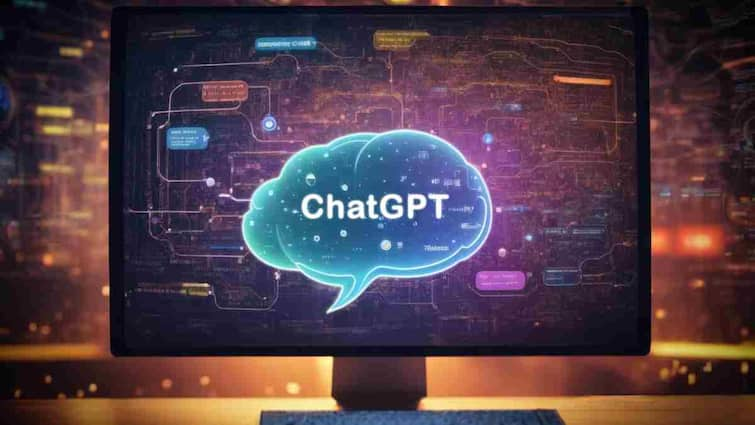ChatGPT: In today’s digital age, youth are rapidly getting attracted to AI chatbots like Chatgpt, but this trend has become a cause of concern for mental health experts and teachers. The youth are now sharing their deep expressions with these bots, personal struggle and insecurity, which is leading to a dangerous dependence. Experts believe that this “digital safe zone” is only an illusion that gives fake tussle to youth and weakens their emotional development and social skills.
Mobile not families should make emotional place
According to a report by The Economics Times, the wrong thinking has been done in the youth that the phone is their private sector where they can talk about their mind without any judgment. But the information shared on the chatgpt is completely in the public domain. Children turn to Chatgpt when they are in loneliness, despair or emotional pressure. They feel that the bot will not judge them. This is a sign of serious communication gap that often begins with families. If parents do not share their struggles or failures with children, then children do not even understand their own feelings and fall prey to “addiction to recognition”.
AI’s ‘positive response’ is making virtual trust
AI chatbots often reply to stress, saying “Don’t worry, we will solve it together.” Such answers give the youth a feeling of an emotional connection that inspires them to return again and again.
Parents themselves become due to digital distance
A major reason behind this increasing dependence of children is the digital addiction of parents themselves. They may give physical pleasure to children but do not give emotional time. Chatgpt is trying to fill this emptiness but “it is a machine that has neither emotions nor the ability to give the right guidance.”
Also read:
Humans vs AI: Who takes a better decision? Surprising revelations in the report

